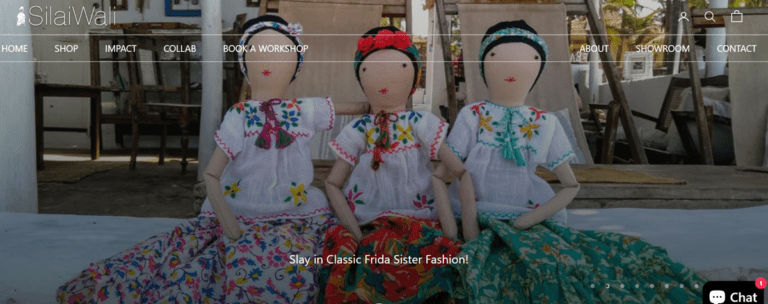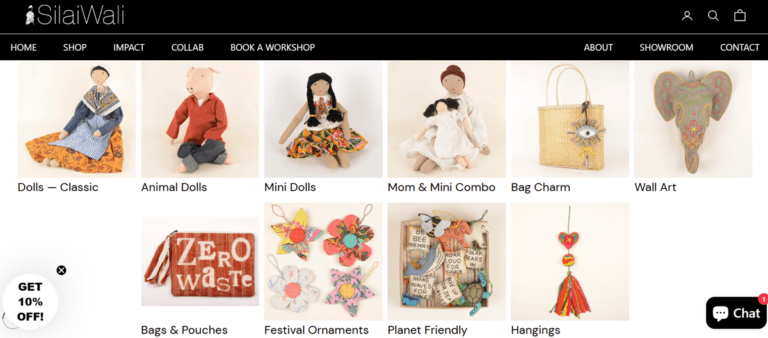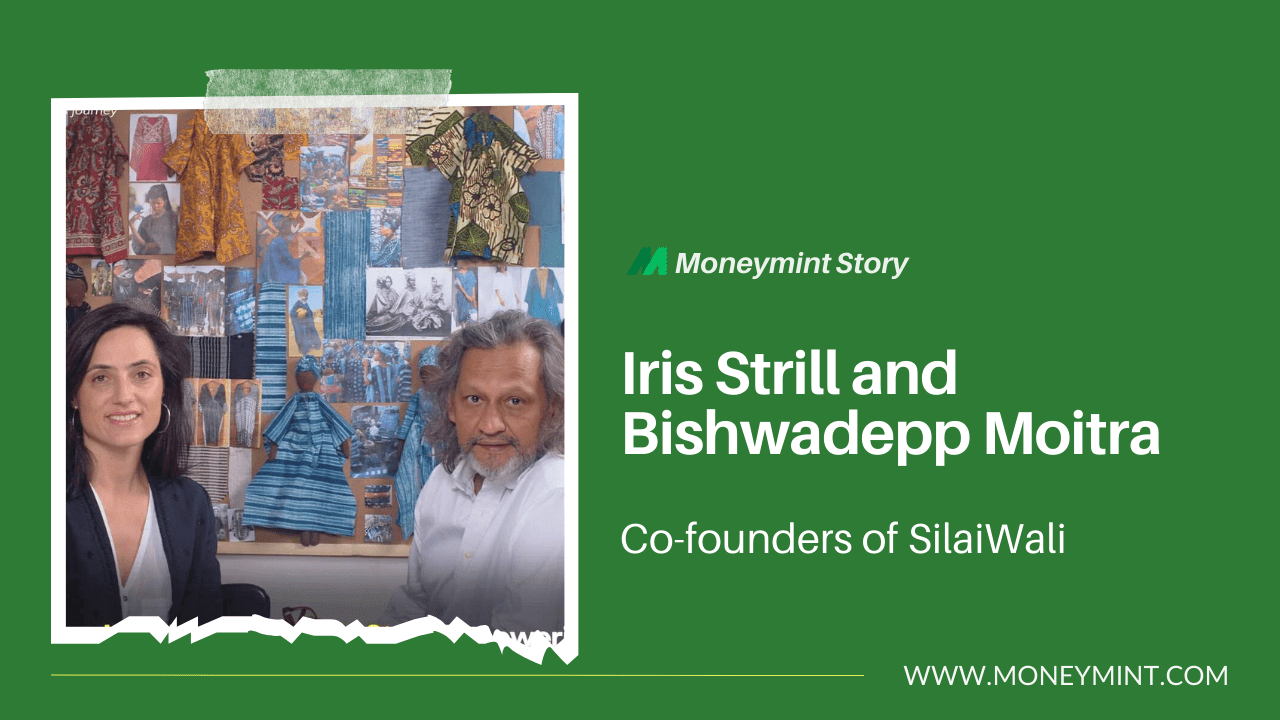Being a refugee in another country is the last thing any person would expect or want. But many people are living this nightmare, without livelihood, shelter, proper clothing, and even proper meals. During their social work, Iris Strill and Bishwadepp Moitra came across one such group of Afghan refugee women in India.
Getting to know about their hardships, the couple decided to do something for them and thus, they started SilaiWali startup. The idea came from the amazing traditional sewing, crocheting, and embroidery skills of those women. So far, this startup has diverted more than 15,000 kg of fabric waste and converted it into rag dolls.
| Startup Name | SilaiWali |
| Founders | Iris Strill and Bishwadepp Moitra |
| Industry | Fast-fashion industry, home décor and textile industry |
| Company Classification | Social Enterprise |
| Headquarters/based-in | Malviya Nagar, New Delhi, India |
| Idea | To create eco-friendly products |
| Revenue | No information available. |
| Date of Commencement | 2018 |
The Problem: Why Does This Matter?
In 2017, this situation was witnessed by Iris Strill and Bishwadeep Moitra in New Delhi. The women’s group fled Afghanistan after the beginning of Taliban resurgence in 2010-11. They withdrew their troops after the death of Osama bin Laden in 2011 but later regained the country with new leaders. Thus, women started seeking shelter in India.
Afghan refugee women in New Delhi, India, encounter various challenges and financial distress topping them all. India being the signatory to the UN Refugee Act, doesn’t enable it to provide the government’s welfare program to these refugees.
Result: Children and women are suffering without a means of livelihood. They had to sell their belongings from their homeland. Another reason was the immense amount of fashion waste dumped by big fashion house.
The Solution: SilaiWali

Iris an art and design student from France, visited India in the 1990s for her diploma project and later she continued to visit and work for various NGOs to train Indian artisans; to make and sell products in international markets. But no success as there was no response from the people.
Later in 2006, she married Bishwadeep (a former journalist) and settled in India.
Witnessing huge amounts of fabric waste generated by the International clothing brands where she worked, she felt awestruck.
The couple decided to financially empower these women and in 2018 they founded the startup SilaiWali, a social enterprise. They create purses, hangings, rag dolls, pouches, and wall art from waste fabric generated by garment manufacturing units and fast-fashion trends.
They started with 10 women and now more than 70 Afghan refugee women are earning their livelihood from SilaiWali. Moreover, the startup has successfully diverted more than 15 tons of fabric waste from ending in landfills.
SilaiWali has empowered more than 300 Afghan refugees in the last 5 years. Moreover, their mission to combine the need for financial freedom by these women and to reduce fast fashion waste, is achieving a great deal of success.
They strictly adhere to the fair wages policy complying to local government wage regulations. Moreover, they do not allow any child labor in their system.
Business Model: How Do They Make Money?
Following a circular economy, they have secured collaborations with:
- US-based multi-retail chain: Cost Plus World Market and Free People
- Fashion luxury brands: Ulla Johnson and Chloé
These collaborations account for nearly half of the SilaiWali’s revenue. Moreover, by recycling and reusing the waste from such companies, they have saved 15 tonnne of waste from ending in landfills.

To boost its presence in the international market, SilaiWali participates in trade shows in Paris and the United States. This helped the couple in developing the demand of these rag dolls in 150+ cities across the world.
- International: The UK, North Korea, France, Australia, and Japan.
- India: Mumbai, Delhi, Chennai, Goa, and Jaipur
Challenges/Struggles: What Roadblocks Are They Facing?
Overall, the couple finds things manageable because the women are skilled and there is a demand for their work. But sometimes these refugee women have to move to some other country due to changes in immigration policies. Then, there falls shortages of workers for the time being. New joiners need to learn how to use their skills to prepare products demanded in the market.
Future Vision: What’s Next?
Working in the same route, SilaiWali aims to expand more in India and other countries while keeping things 100% sustainable.
Key Takeaways: Why Should Users Care?
From Iris Strill and Bishwadepp Moitra, we should learn to be careful towards such people. But not in a charitable way. Charity last for a month or two or maybe a year, then, again they are looking for sources to fulfil their needs.
Instead, we should provide a means of livelihood and make them financially stable. This is going to help them in the long run.
Pic Credits: Iris Strill Instagram, SilaiWali.




